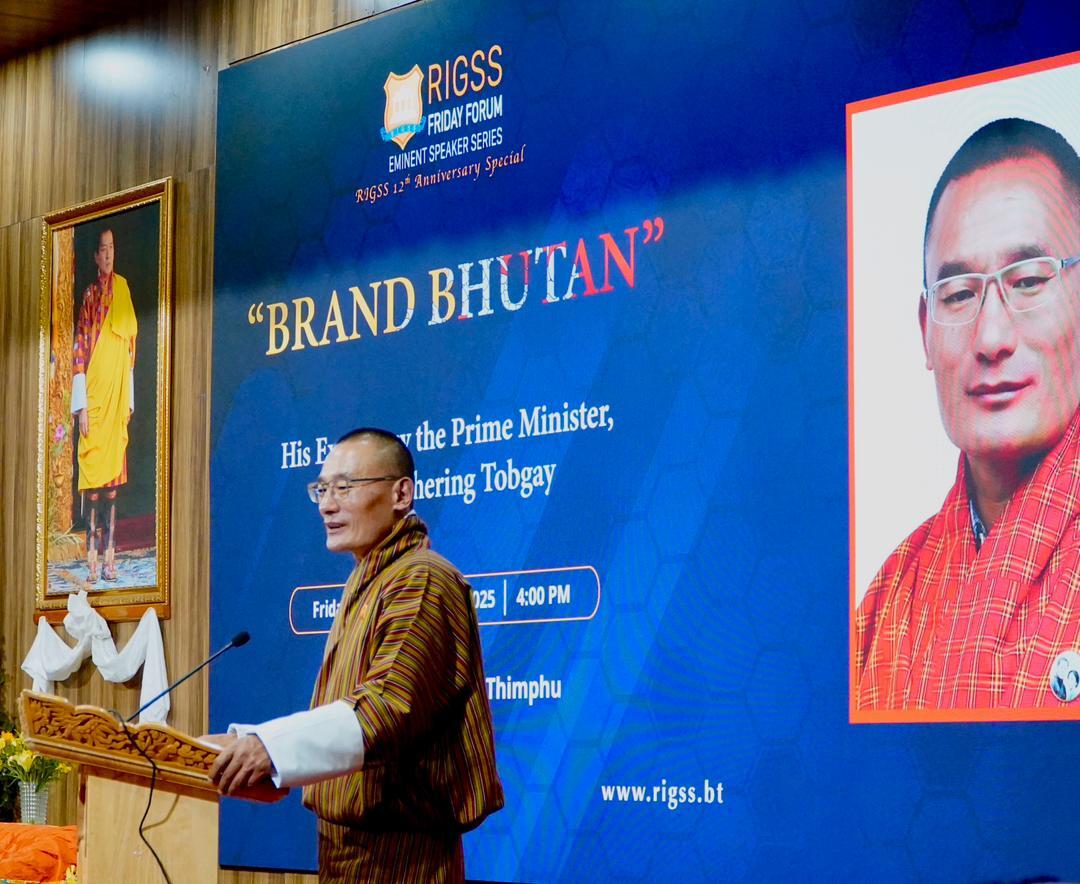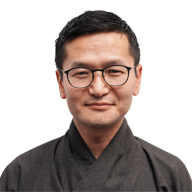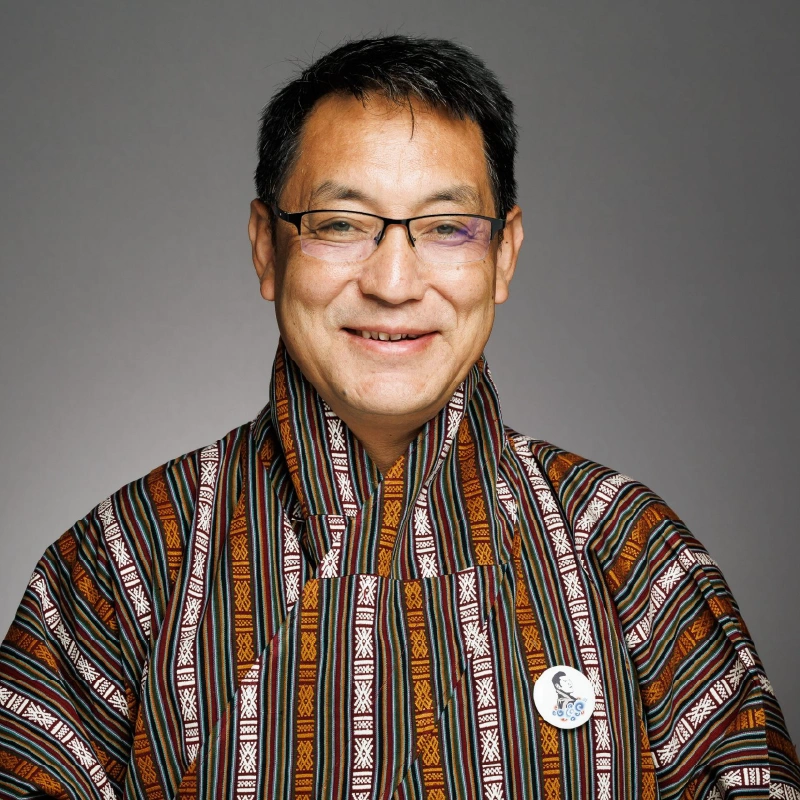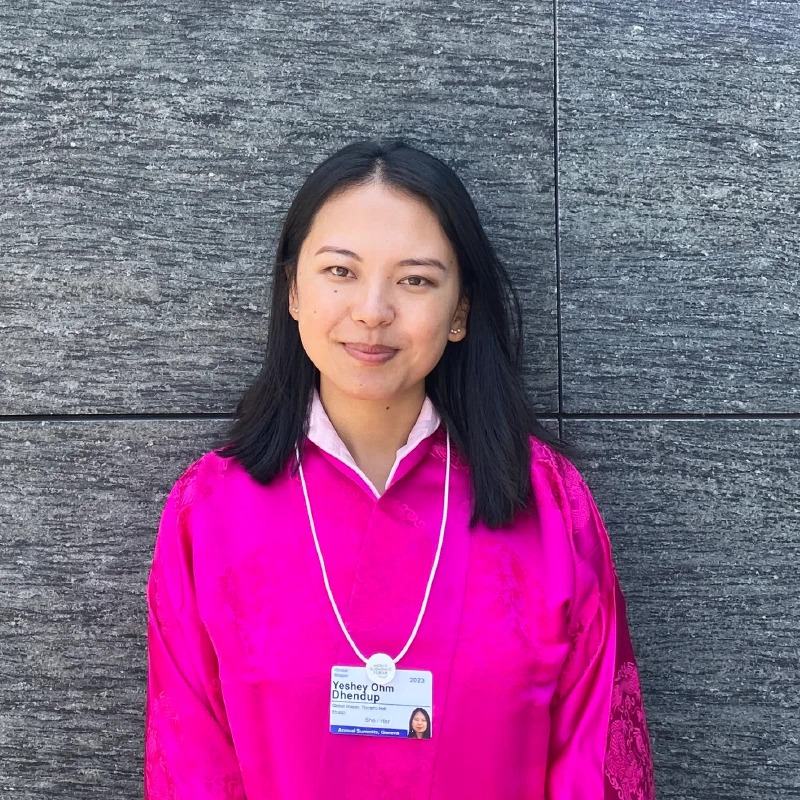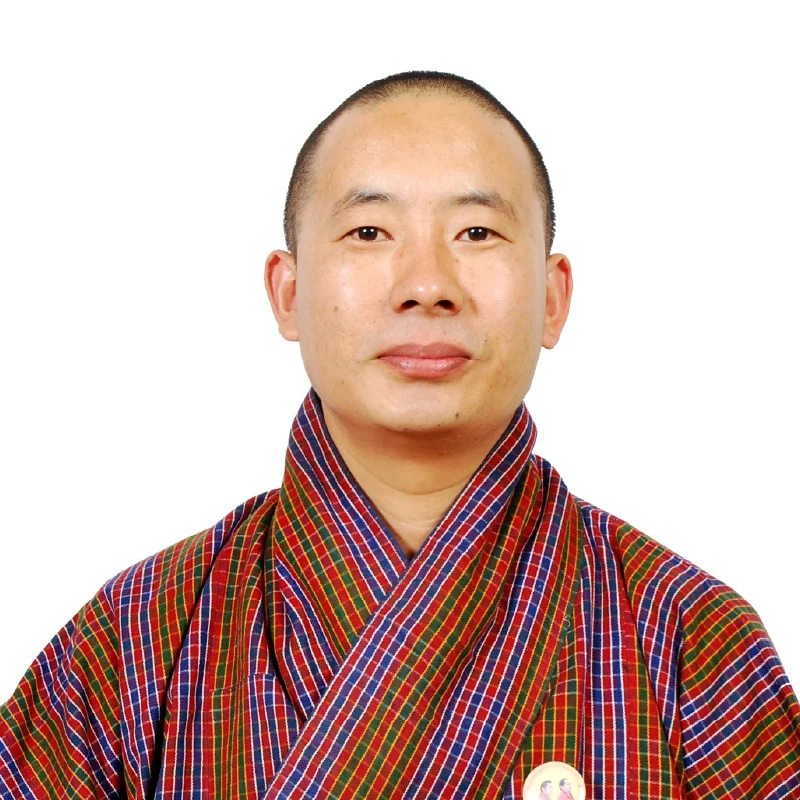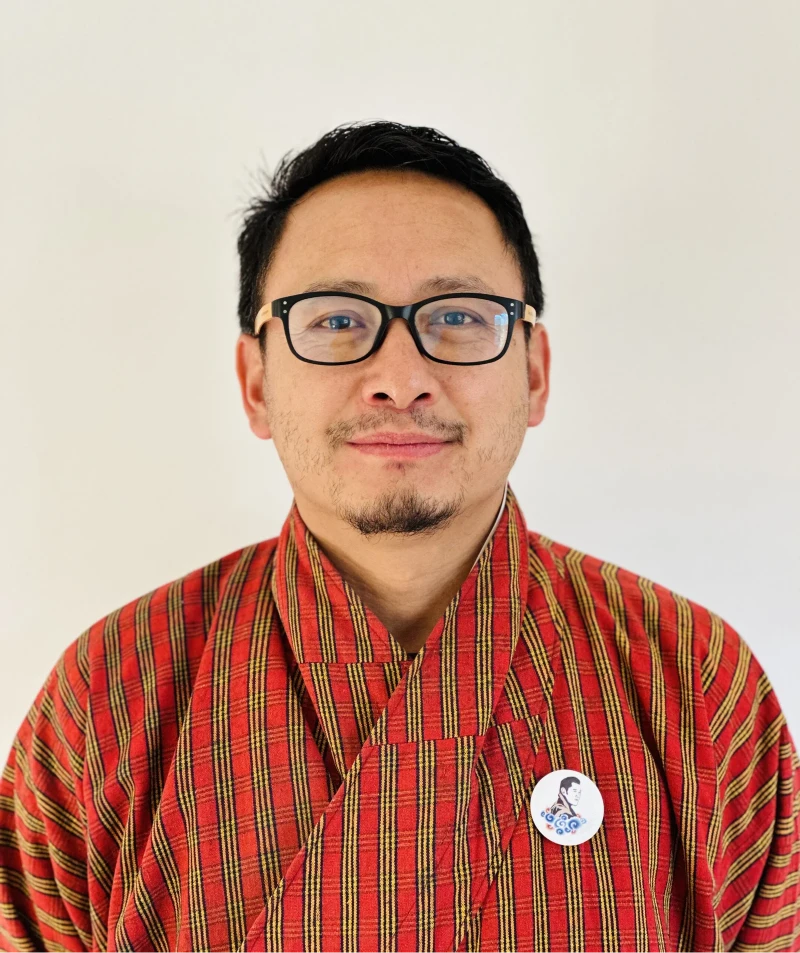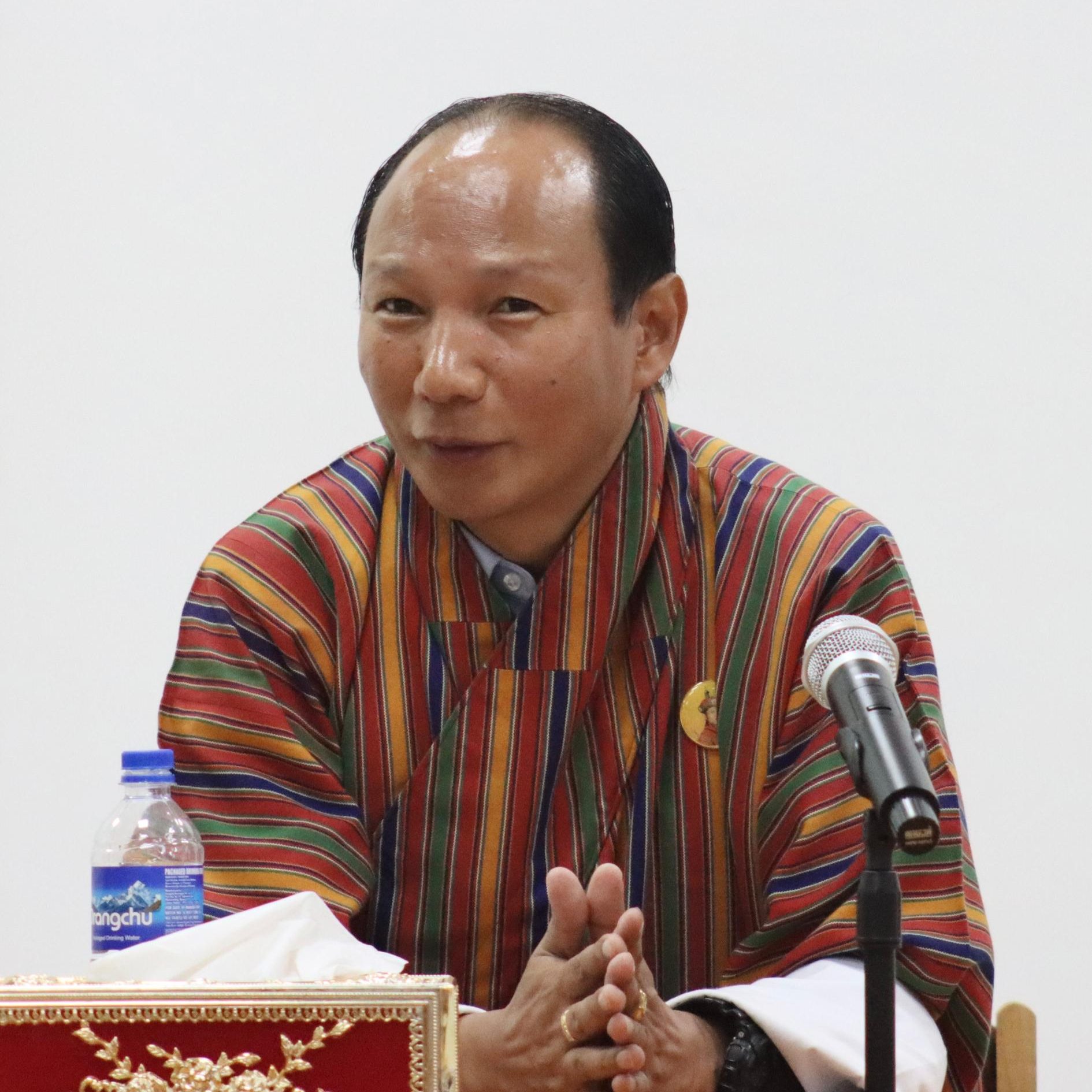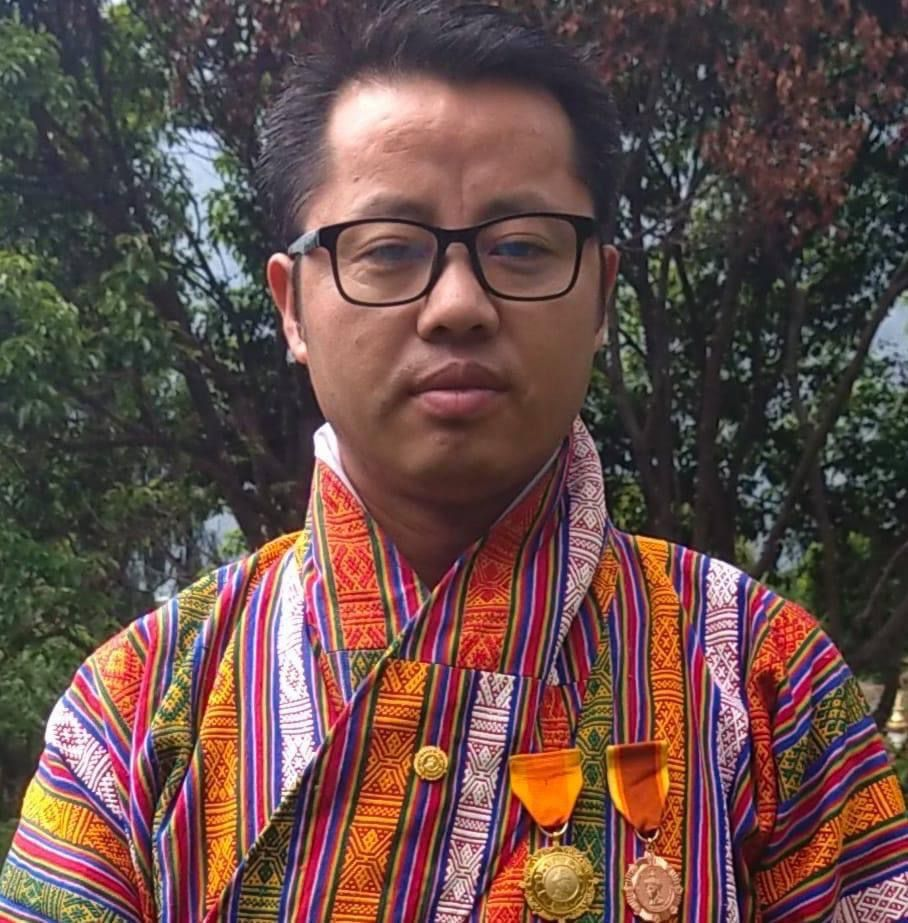The RIGSS Blog
To stimulate analysis, innovation, and forward thinking, and generate new ideas and insight on subjects that matter in 21st Century Bhutan. A humble tribute to celebrate learning, leadership and service that His Majesty The King continues to champion.
Launched on 21st February 2021 to commemorate the 41st Birthday of His Majesty The king
- All
- COVID-19
- Democracy
- Education
- Foreign Policy
- Governance
- Leadership/Management
- Mindset/Behavioral Change
- Others
- Public Service/Civil Service
- Technology/Innovation
All
- All
- COVID-19
- Democracy
- Education
- Foreign Policy
- Governance
- Leadership/Management
- Mindset/Behavioral Change
- Others
- Public Service/Civil Service
- Technology/Innovation
Governance
BRAND BHUTAN: HIGHLIGHTS FROM THE HON’BLE PRIME MINISTER’S LECTURE AT THE RIGSS FRIDAY FORUM ON OCTOBER 17, 2025
October 27, 2025
Hon. Dasho Tshering Tobgay, Prime Minister
Read More
Education
TRANSFORMING EDUCATION IN BHUTAN: THE ROLE OF AI IN SHAPING TEACHING AND LEARNING
August 6, 2025
Norbu Tshering
Read More
Foreign Policy
THE ROYAL ORDER OF BHUTAN TO INDIAN PRIME MINISTER NARENDRA MODI
March 22, 2024
Dasho Dr. Sonam Kinga
Read More
Technology/Innovation
ADOPTING DATA-DRIVEN DECISION-MAKING AT YOUR WORKPLACE
November 2, 2023
Dr Tshering Cigay Dorji
Read More
Public Service/Civil Service
IN PURSUIT OF A SEEMINGLY IMPOSSIBLE DREAM
October 20, 2023
Damcho Rinzin
Read More
Public Service/Civil Service
REFORMS SHOULD RESULT IN PUBLIC-SECTOR AGILITY
April 24, 2023
Chewang Rinzin, VC, RUB
Read More
Others
CHINA’S RURAL REVITALISATION STRATEGY AND POSSIBLE LESSONS FOR BHUTAN
February 9, 2023
Yeshey Ohm Dhendup
Read More

